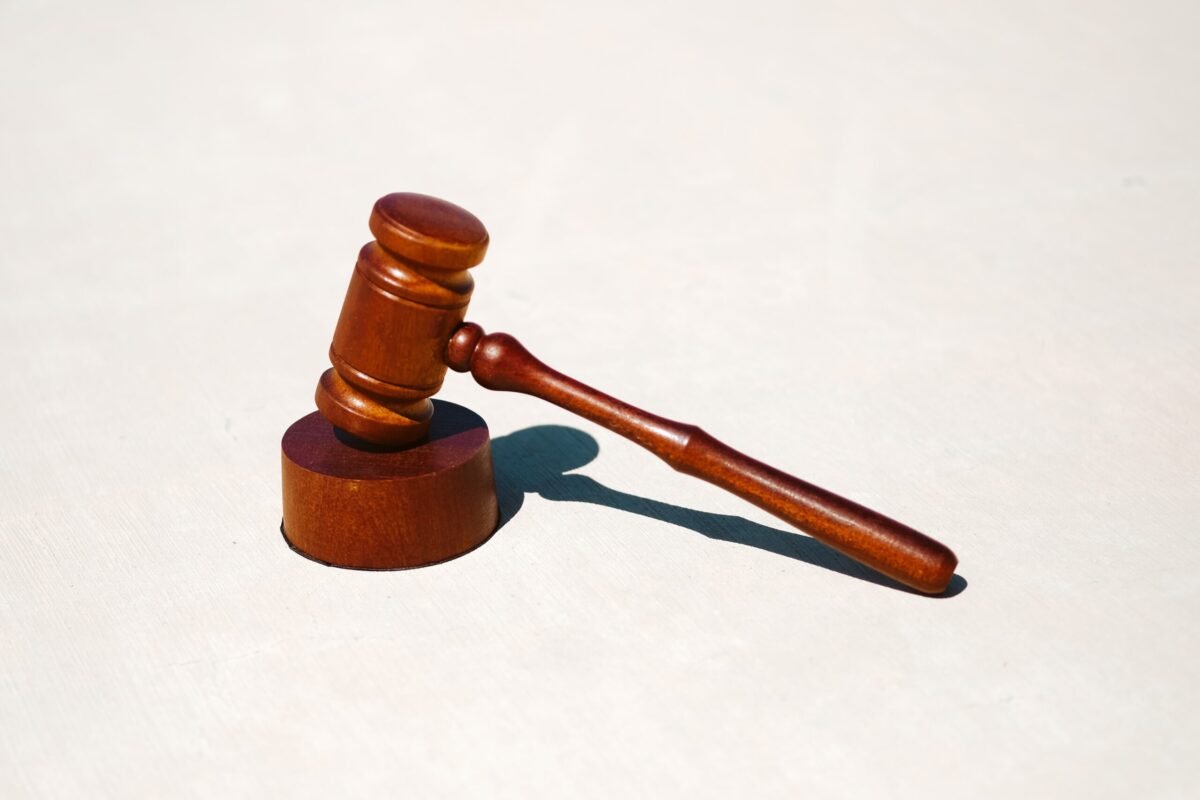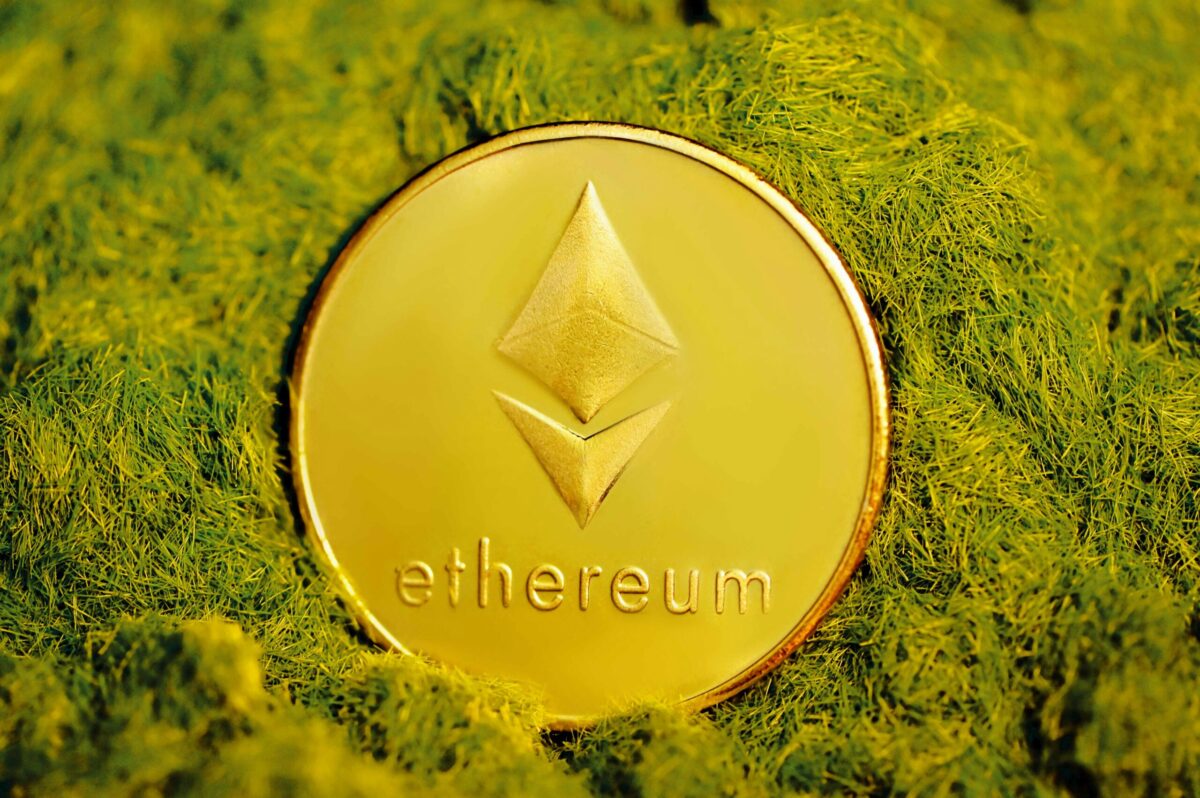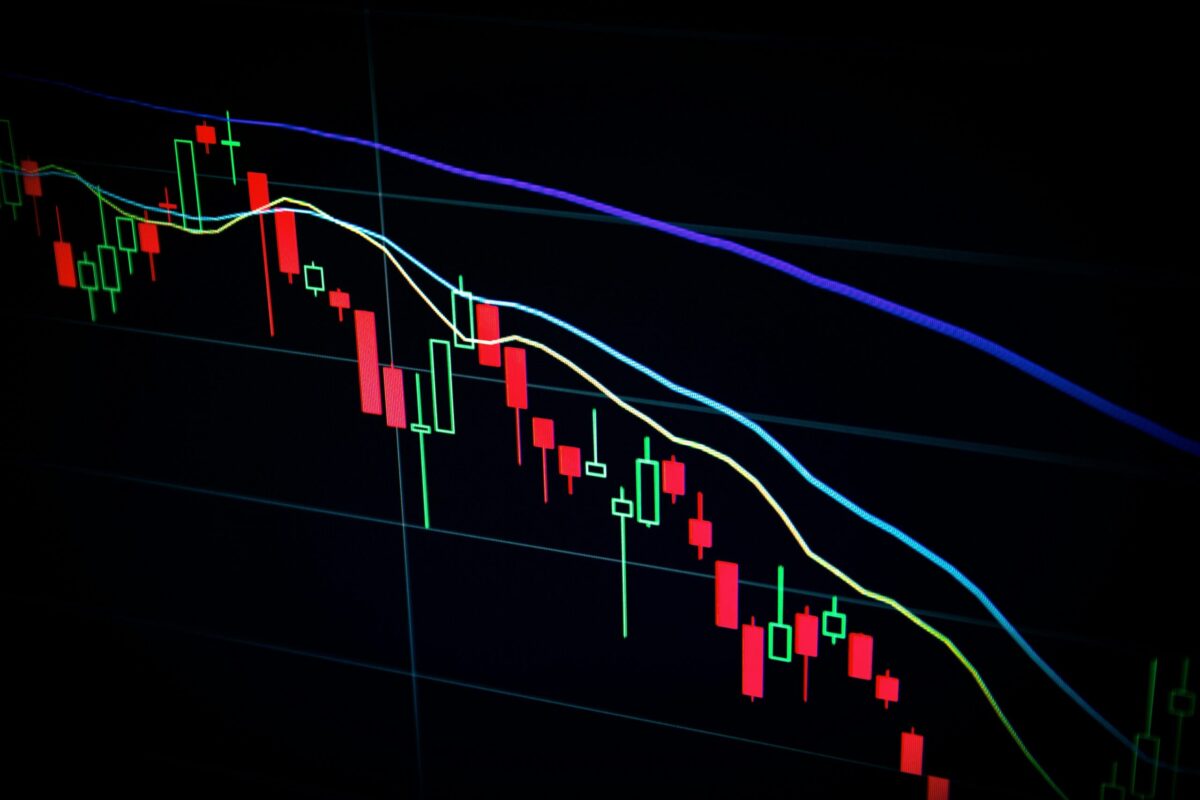The U.S. Department of Justice (DOJ) has discredited Sam Bankman-Fried’s (SBF) expert witnesses in a motion to bar them from testifying in the FTX CEO’s trial.
The 28 August court filing called the experts’ disclosure filings as “insufficient”, stating that their experience is misleading in the case.
In the initial expert notice, SBF had identified seven witnesses as experts for his case: Lawrence Akka, Thomas Bishop, Brian Kim, Joseph Pimbley, Bradley Smith, Peter Vinella and Andrew Di Wu. They all represent professions related to the case like lawyer, data analytics expert, law professor, financial expert, consultants and so on.
If permitted by the court, they would be allowed to opine on a variety of topics ranging from FTX’s software infrastructure to multiple background testimonies such as blockchain technology and its key components.
According to the DOJ, the case already has people with ample expert knowledge on matters such as the FTX code or the other issues in the trial. On this note, it said-
“There is no need for a separate ‘expert’ witness to testify on such matters, especially in light of the fact that such testimony would duplicate the testimony of fact witnesses.”
The motion noted that these proposed witnesses would end up offering legal conclusions that could invade the purview of the court and the jury. In doing so, they would serve no other purpose than to provide “an expert patina to inadmissible hearsay testimony about the defendant’s supposed lack of criminal knowledge or intent”.
The DOJ’s challenges were also based on the identified “deficiencies” in testimonial disclosures of these witnesses. As per its motion, several of these disclosures did not meet the standards set by the Federal Rule of Criminal Procedure 16.
In this light, it highlighted the power that courts have to fix the issue when it comes to the expression of opinions that might mislead or unduly influence the jury. Here, it said-
“District courts play a ‘gatekeeping role’ to ‘ensure that an expert’s testimony both rests on a reliable foundation and is relevant to the task at hand.’”
Amongst other things, the filing questioned Peter Vineland, who is one of the proposed witnesses listed as a financial services industry expert. According to the DOJ, there is nothing to show that he has enough knowledge about the crypto industry.
In a similar way, it also discredited the proposed expert testimony of Joseph Pimbley for FTX’s software infrastructure and its database and computer code. DOJ sought to exclude this on the grounds that the notice disclosing his opinions and the reasons for them stood insufficient, saying that the expert testimony on FTX’s code was also unnecessary.
In the defendant’s intention to call Professor Smith to testify about the federal election laws, the DOJ stated that it is improper to offer an expert to testify about the legal framework that applies to political contributions at the federal level. It then went on to call Professor Smith’s testimony as “irrelevant, confusing, and a waste of time”. The reasoning for the same is based on the fact that the trial will no longer include a charge arising from the defendant’s illegal campaign finance scheme.
If DOJ’s motion is granted, all seven expert witnesses would be disqualified from their respective roles. Their absence from the proceedings would drastically affect the way forward for the defence team.
More developments in Bankman-Fried’s legal challenges are now expected as the CEO is scheduled to face the court on 2 October. He will be addressing eight allegations related to the collapse of the FTX crypto exchange.
About two months ahead of his trial, Bankman-Fried ended up in jail on seven different charges, including securities fraud, wire fraud, commodities fraud and money laundering.
August 29, 2023 at 14:52 GMT
DOJ files a motion to exclude expert witnesses in SBF’s trial
The U.S. Department of Justice (DOJ) has discredited Sam Bankman-Fried’s (SBF) expert witnesses in a motion to bar them from testifying in the FTX CEO’s trial.


